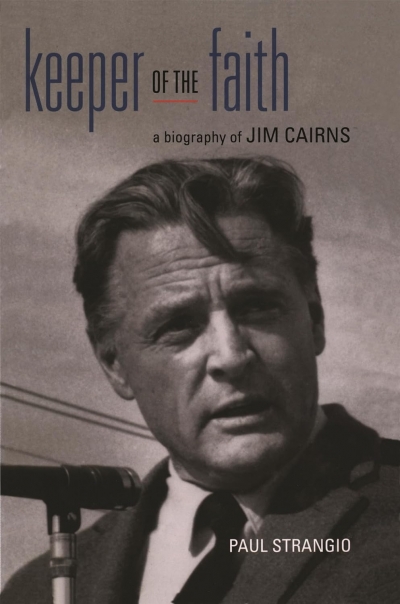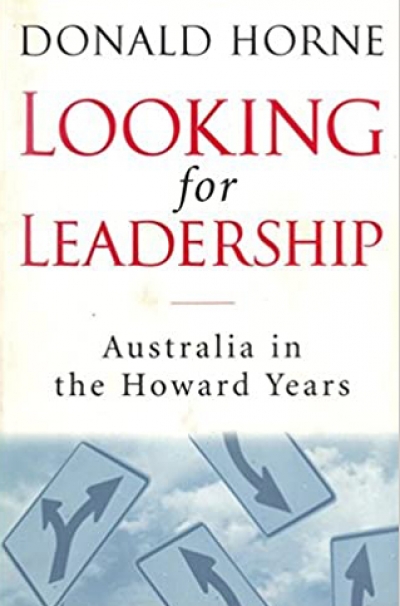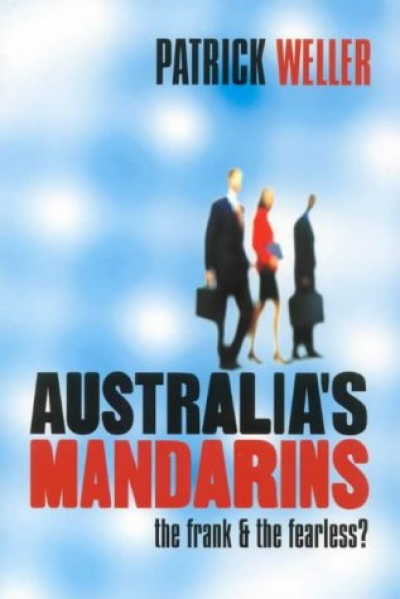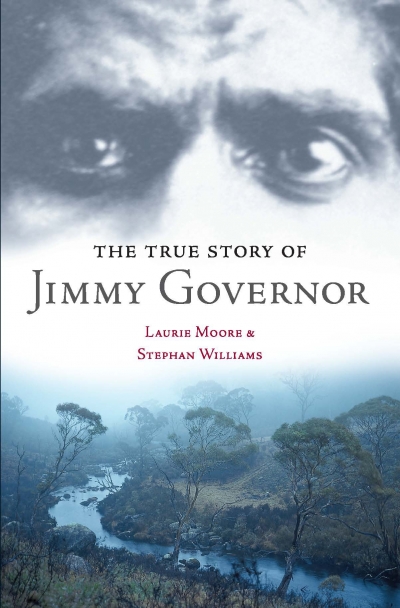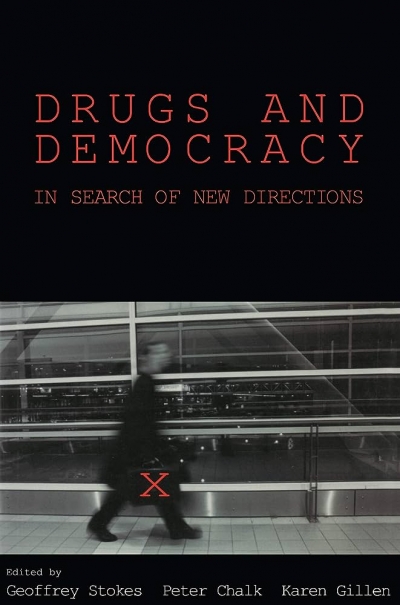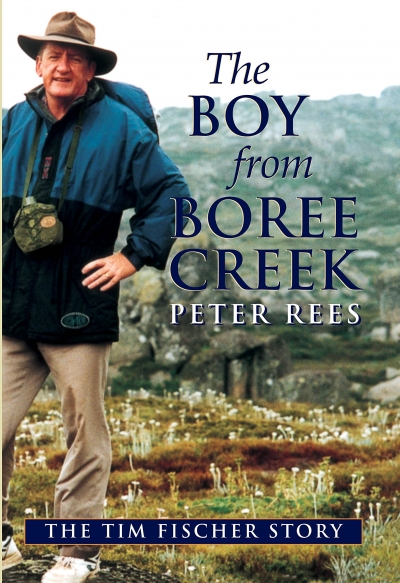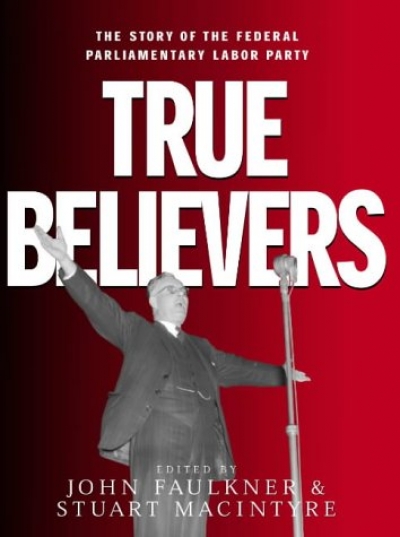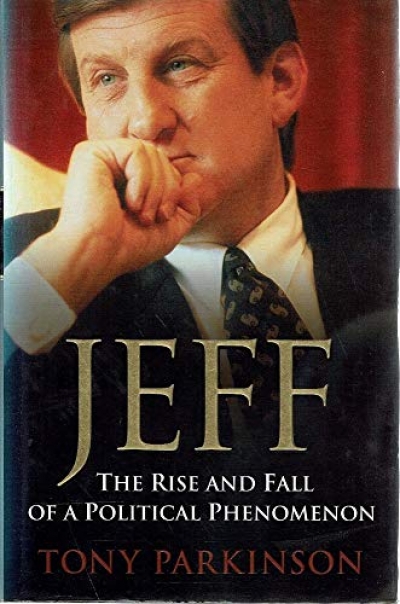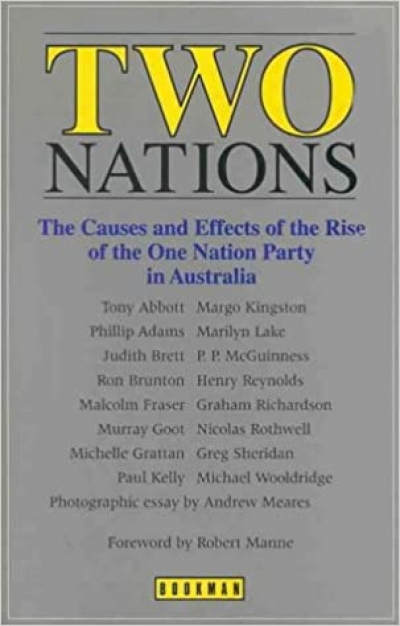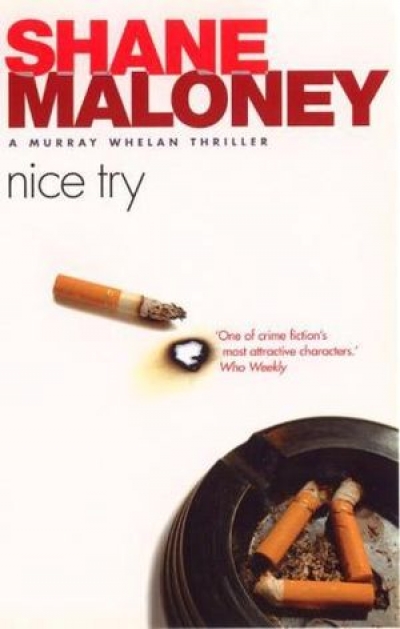Australian Politics
Keeper of the Faith: A biography of Jim Cairns by Paul Strangio
by Gideon Haigh •
Looking for Leadership: Australia in the Howard Years by Donald Horne
by Guy Rundle •
Australia's Mandarins: The Frank and the Fearless? by Patrick Weller
by Peter Edwards •
The True Life of Jimmy Governor by Laurie Moore and Stephan Williams
by Peter Pierce •
Drugs and Democracy: In search of new directions by editors Gregory Stokes, Peter Chalk, and Karen Gillen
by Desmond Manderson •
True Believers: The story of the Federal Parliamentary Labor Party edited by John Faulkner and Stuart Macintyre
by Ross Fitzgerald •
Jeff: The rise and fall of a political phenomenon by Tony Parkinson
by Andrew Kaighin •
Two Nations: The causes and effects of the rise of the One Nation Party in Australia edited by Robert Manne
by Dennis Altman •

